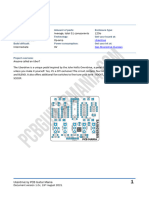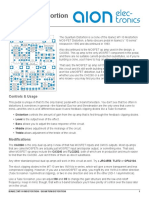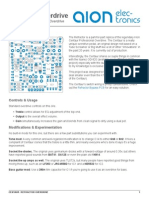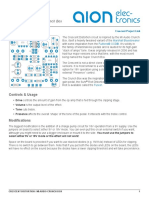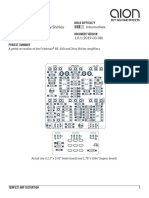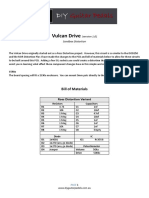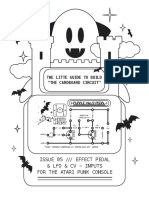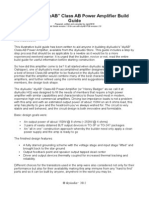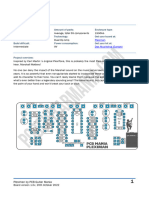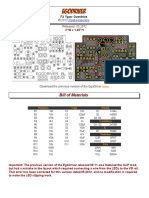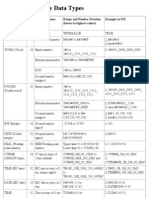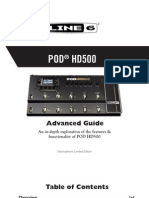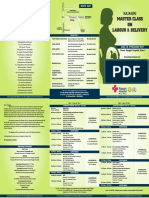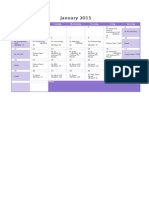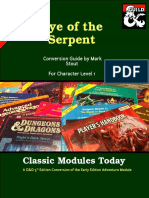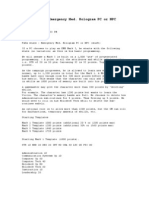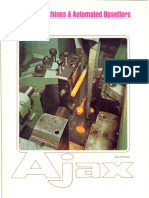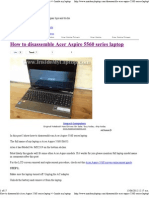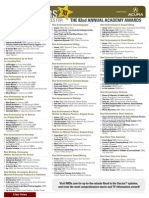0% found this document useful (0 votes)
36 views9 pagesAzimuth Documentation
The Azimuth Dynamic Overdrive is a beginner-friendly overdrive pedal project that replicates the tone of Dumble amplifiers, particularly favored by blues guitarists. It features a low parts count and includes controls for drive, tone, voice, and volume, making it an accessible build for new builders. The documentation provides detailed instructions, parts lists, and schematics for constructing the PCB-only version of the pedal.
Uploaded by
aetguitarsCopyright
© © All Rights Reserved
We take content rights seriously. If you suspect this is your content, claim it here.
Available Formats
Download as PDF, TXT or read online on Scribd
0% found this document useful (0 votes)
36 views9 pagesAzimuth Documentation
The Azimuth Dynamic Overdrive is a beginner-friendly overdrive pedal project that replicates the tone of Dumble amplifiers, particularly favored by blues guitarists. It features a low parts count and includes controls for drive, tone, voice, and volume, making it an accessible build for new builders. The documentation provides detailed instructions, parts lists, and schematics for constructing the PCB-only version of the pedal.
Uploaded by
aetguitarsCopyright
© © All Rights Reserved
We take content rights seriously. If you suspect this is your content, claim it here.
Available Formats
Download as PDF, TXT or read online on Scribd
/ 9

